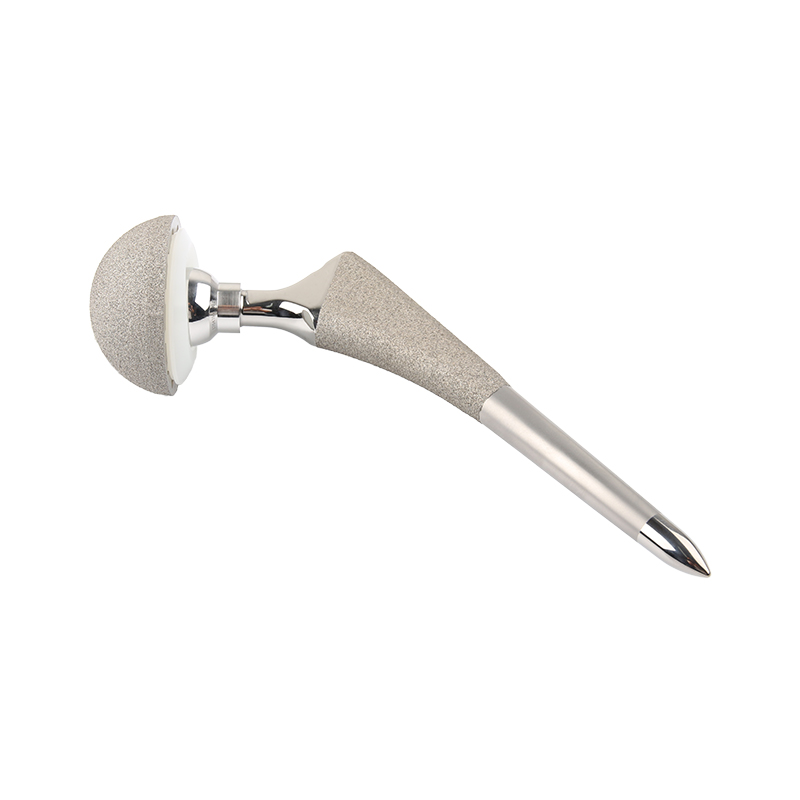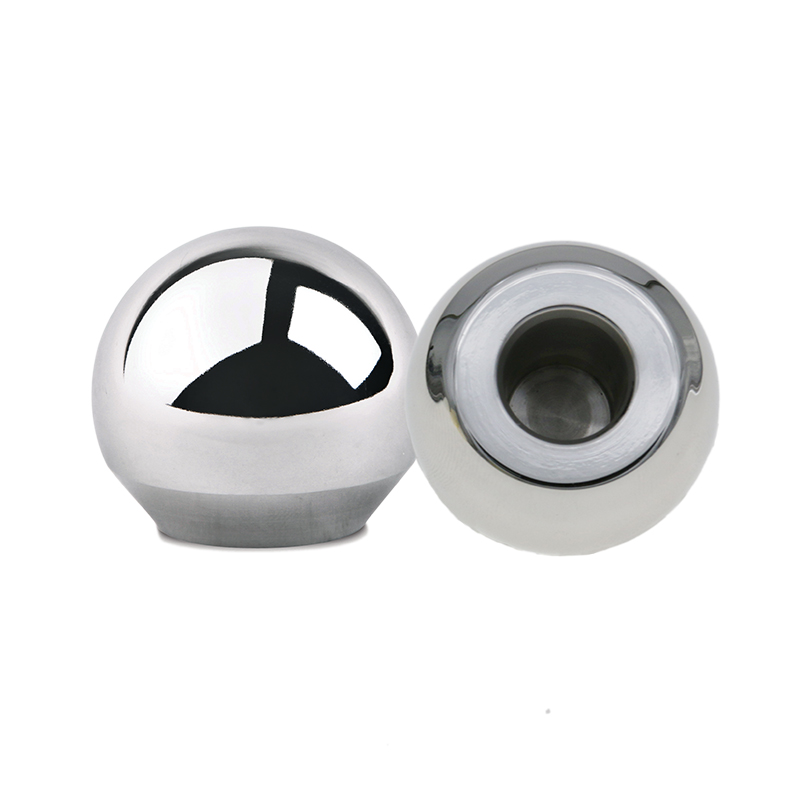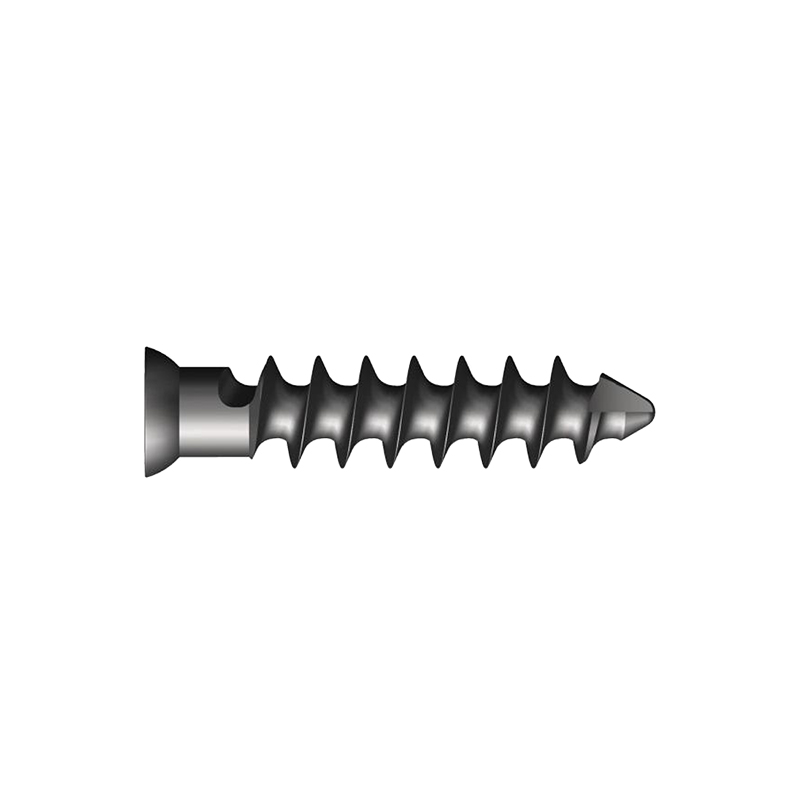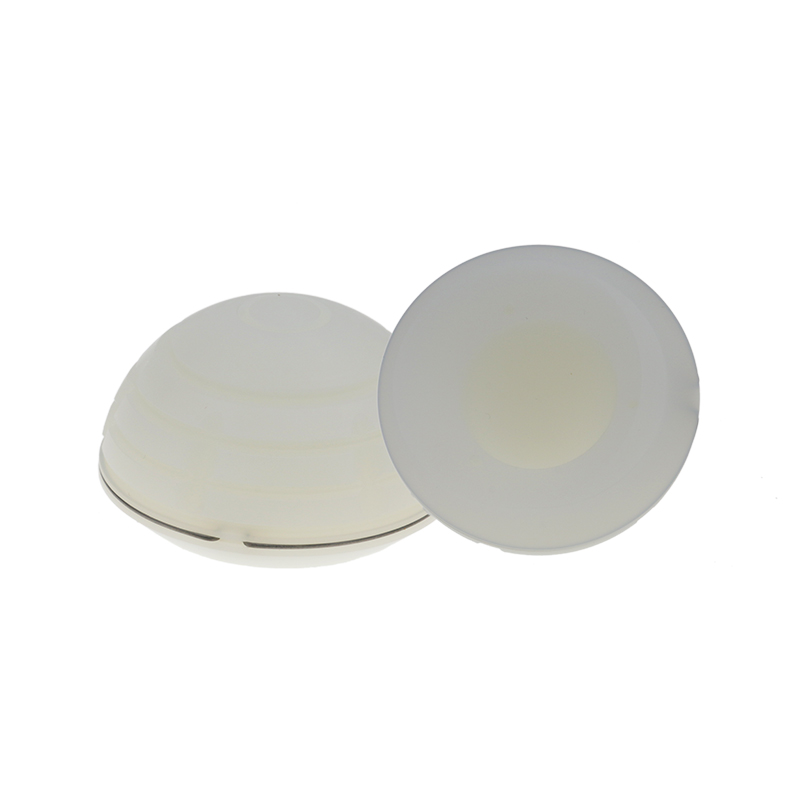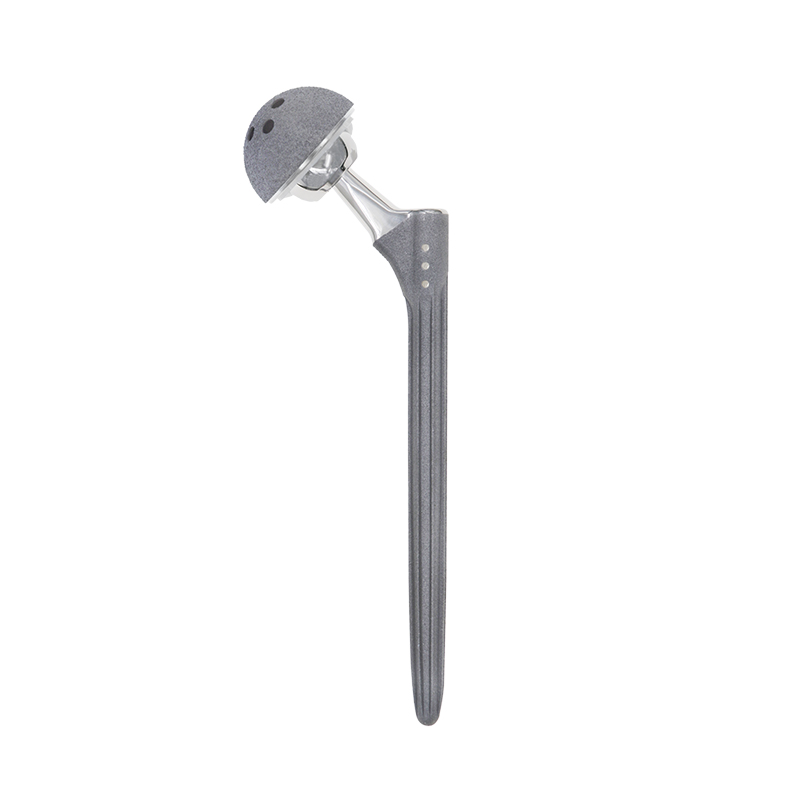FDS Cementless Stem Hip Joint Prosthesis
Product Description
● Standard 12/14 taper
● The offset increases gradually
● 130° CDA
● Short and straight stem body

Proximal part with TiGrow technology is conducive to bone ingrowth and long-term stability.
The middle part adopts traditional sand blasting technology and rough surface treatment to facilitate the balanced transmission of the force on the femoral stem.
Distal high polish bullet design reduces cortical bone impact and thigh pain.

Tapered neck shape to increase range of motion

● Oval + Trapezoidal Cross Section
● Axial and Rotational Stability

Double taper design provides
three-dimensional stability

Indications
Total hip replacement, commonly called hip replacement surgery, is a surgical procedure that replaces a damaged or diseased hip joint with an artificial implant. The goal of this surgery is to relieve pain and improve the function of the hip joint.
During surgery, the damaged portion of the hip joint, including the femoral head and acetabulum, is removed and replaced with prosthetic components made of metal, plastic, or ceramic. The type of implant used may vary based on factors such as the patient's age, health, and surgeon preference.
Total hip replacement is often recommended for patients with severe hip pain or disability from conditions such as osteoarthritis, rheumatoid arthritis, necrosis of the femoral head, congenital hip deformities, or hip fractures. It is considered a very successful procedure, with most patients experiencing significant pain relief and improved mobility postoperatively. Recovery from hip replacement surgery includes a period of rehabilitation and physical therapy to restore hip strength, mobility, and flexibility.
Most patients are able to return to normal activities, such as walking and climbing stairs, within a few weeks to months after surgery. Like any surgical procedure, total hip replacement carries certain risks and complications, including infection, blood clots, loose or dislocated implants, nerve or blood vessel damage, and joint stiffness or instability. However, these complications are relatively rare and can usually be managed with proper medical care. Be sure to consult with a qualified orthopedic surgeon to determine whether total hip replacement is the right treatment option for your specific situation and to discuss any questions or concerns you may have.
Clinical Application


